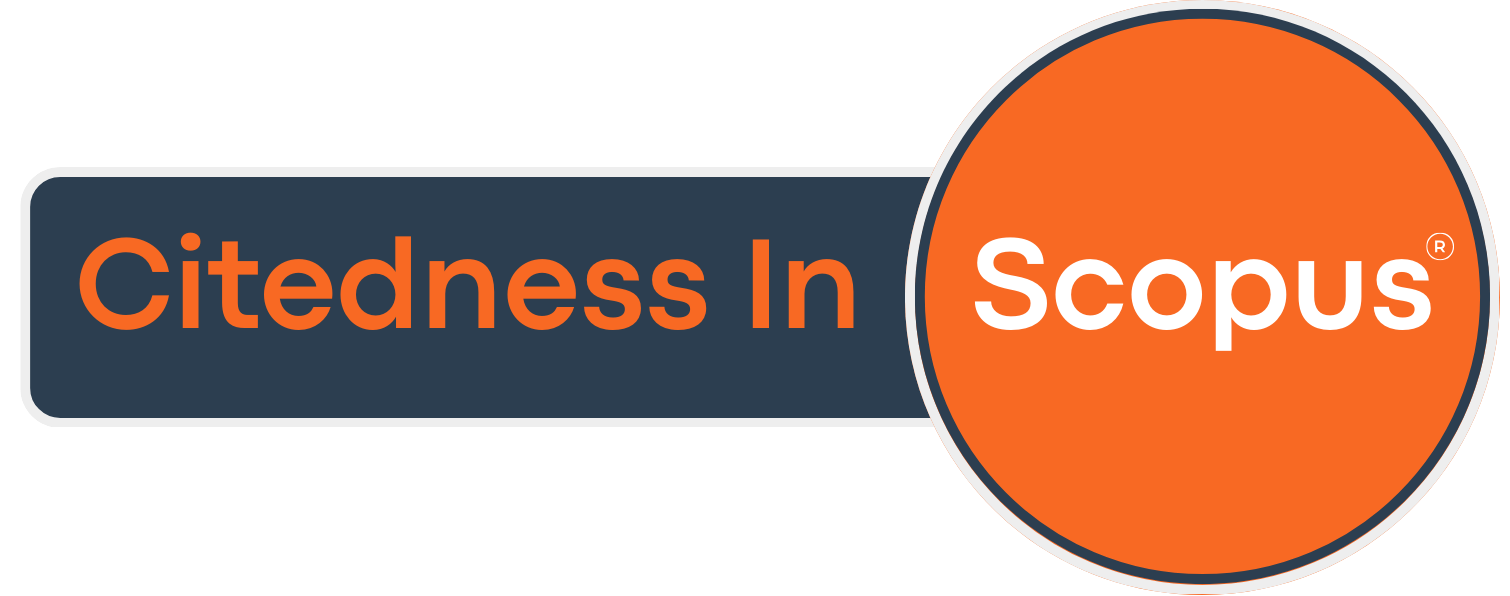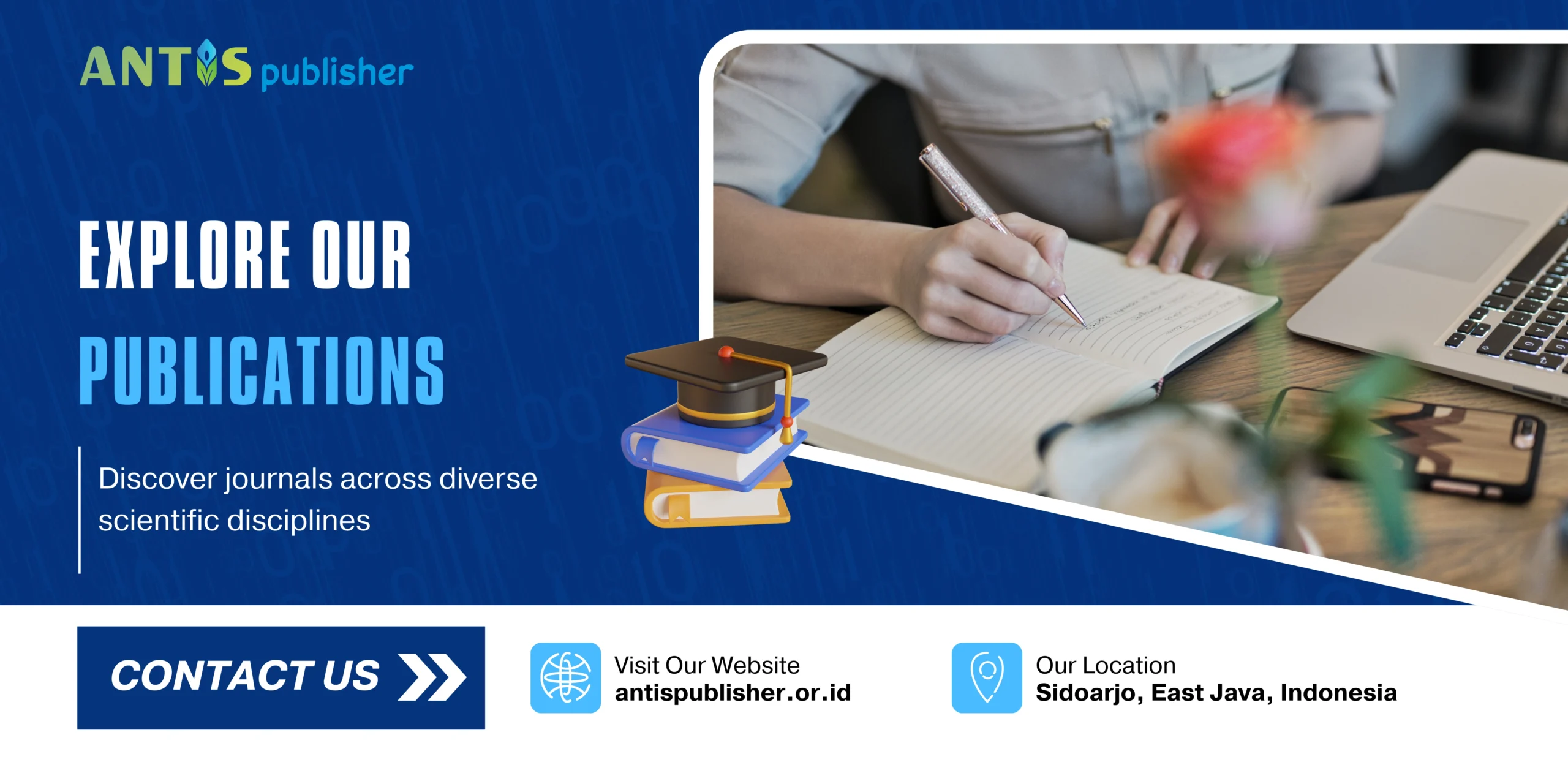EXAMPLES OF METHODS OF DEVELOPING STUDENTS IN A CULTURAL ENVIRONMENT IN THE EDUCATIONAL PROCESS
Downloads
Cultural heritage sites represent a vital component of the tourism economy, offering both historical significance and opportunities for sustainable development, particularly in regioa
Objective: This study aims to evaluate the current use of cultural heritage sites in the Bukhara region of Uzbekistan and to develop a conceptual model for diversifying tourism services in alignment with regional capacities and international best practices. Method: A qualitative research design was employed, incorporating comparative analysis, policy review, and case-based synthesis of global tourism diversification models. Results: The analysis indicates that while Bukhara accounts for 10.09% of Uzbekistan’s heritage sites, its tourism service offerings remain limited in scope. Key diversification directions identified include digitalization, integration of comprehensive service packages, entry into new markets, and the adoption of hybrid tourism models. Novelty: The study introduces a strategic conceptual model that integrates legislative frameworks, management systems, market dynamics, and resource-based capacities. This model provides a scalable and adaptable blueprint for heritage-based tourism development, bridging the gap between cultural preservation and economic advancement. The research offers actionable recommendations for policymakers and tourism stakeholders seeking to enhance sustainability and competitiveness in heritage tourism sectors.
ns like Bukhara, Uzbekistan.
Despite the high concentration of heritage assets in Bukhara, the effective diversification of tourism services at these sites remains underdeveloped, limiting both economic output and tourist engagement.
There is a lack of practical frameworks for integrating various tourism service models within heritage settings, especially those aligned with global trends and supported by regulatory systems.
This study aims to analyze the current utilization of cultural heritage sites in the Bukhara region and to propose a conceptual model for diversifying tourism services based on regional capacities and international experiences.
The findings reveal that Bukhara holds 10.09% of Uzbekistan’s heritage sites, yet diversification remains narrow. The study identifies major directions for diversification, such as digitalization, integration of complex services, new market entry, and hybrid models.
A conceptual model developed by the author outlines a strategic framework incorporating legislative support, managerial structure, market conditions, and resource capabilities, reflecting both global and local best practices.
This research provides practical recommendations for policymakers and tourism stakeholders to optimize heritage-based tourism through service diversification. The proposed model can serve as a scalable blueprint for other regions with similar historical and tourism potential, contributing to both cultural preservation and economic growth.
A. Hargreaves, Changing Teachers, Changing Times: Teachers’ Work and Culture in the Postmodern Age. Cassell, 1994.
D. Dewey, Experience and Education. Macmillan, 1938.
H. Gardner, Frames of Mind: The Theory of Multiple Intelligences. Basic Books, 1983.
L. S. Vygotsky, Mind in Society: The Development of Higher Psychological Processes. Harvard University Press, 1978.
E. Buyanov и K. Nogales, Pedagogy and Didactics. Unknown.
P. Freire, Pedagogy of the Oppressed. Continuum, 1970.
V. A. Slastenin, Pedagogy: A Textbook for University Students. Academy, 2002.
R. M. Gagné и W. W. Wager, Principles of Instructional Design. Holt, Rinehart and Winston, 1988.
A. Bandura, Social Learning Theory. Prentice Hall, 1977.
B. Bloom, Taxonomy of Educational Objectives. Longmans, Green, 1956.
R. Gagné, The Conditions of Learning. Holt, Rinehart & Winston, 1965.
J. Bruner, The Culture of Education. Harvard University Press, 1996.
M. Fullan, The New Meaning of Educational Change. Teachers College Press, 2007.
J. Piaget, The Psychology of Intelligence. Routledge, 1950.
F. Norboev, «Types and Sources of Subjective Difficulties Arising in the Innovative Activities of Teachers», Prospects Dev. Sci. Educ. Mod. Soc. - Probl. Solut..
Copyright (c) 2025 Malikova Dilrabakhon

This work is licensed under a Creative Commons Attribution 4.0 International License.




















